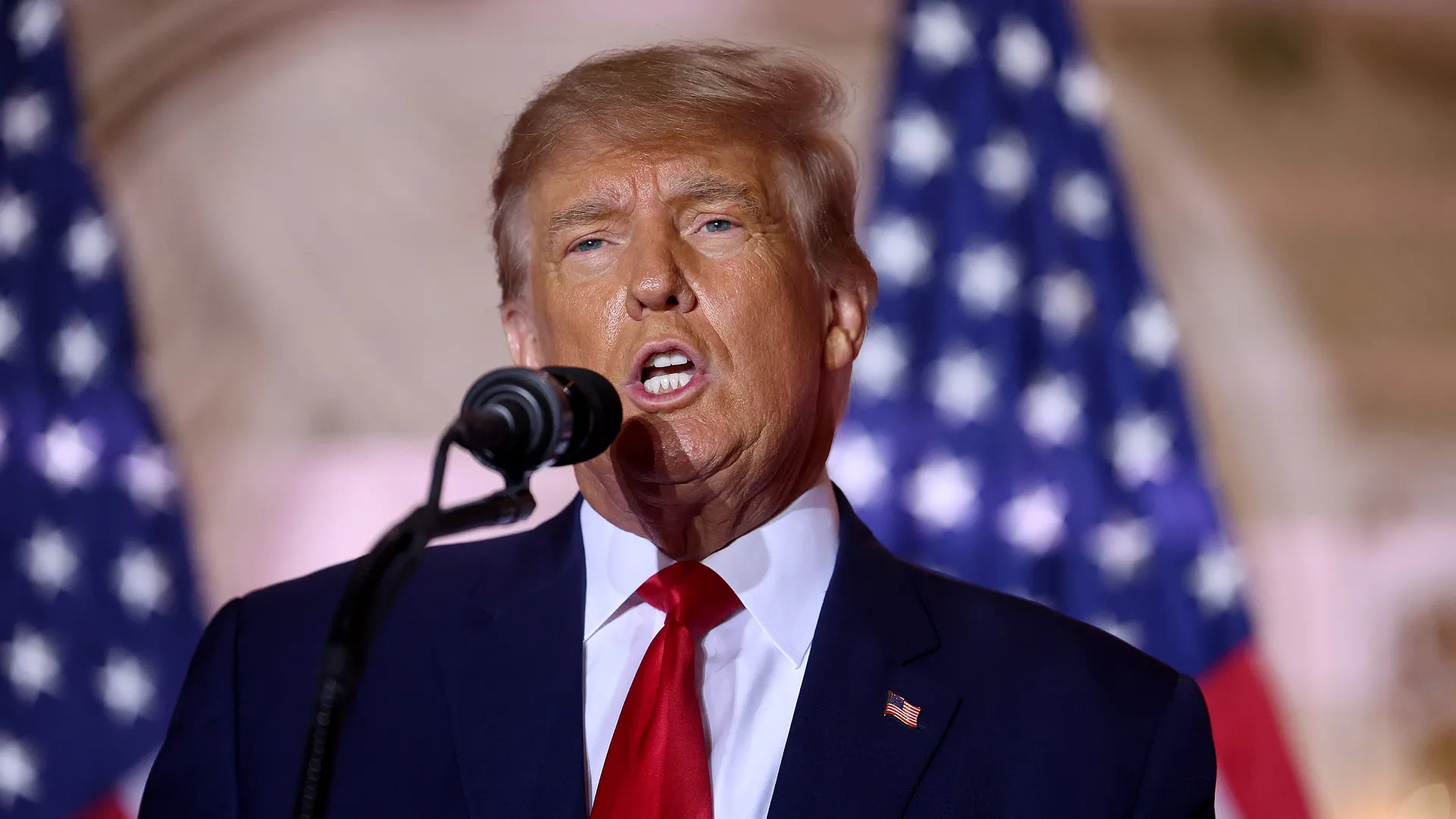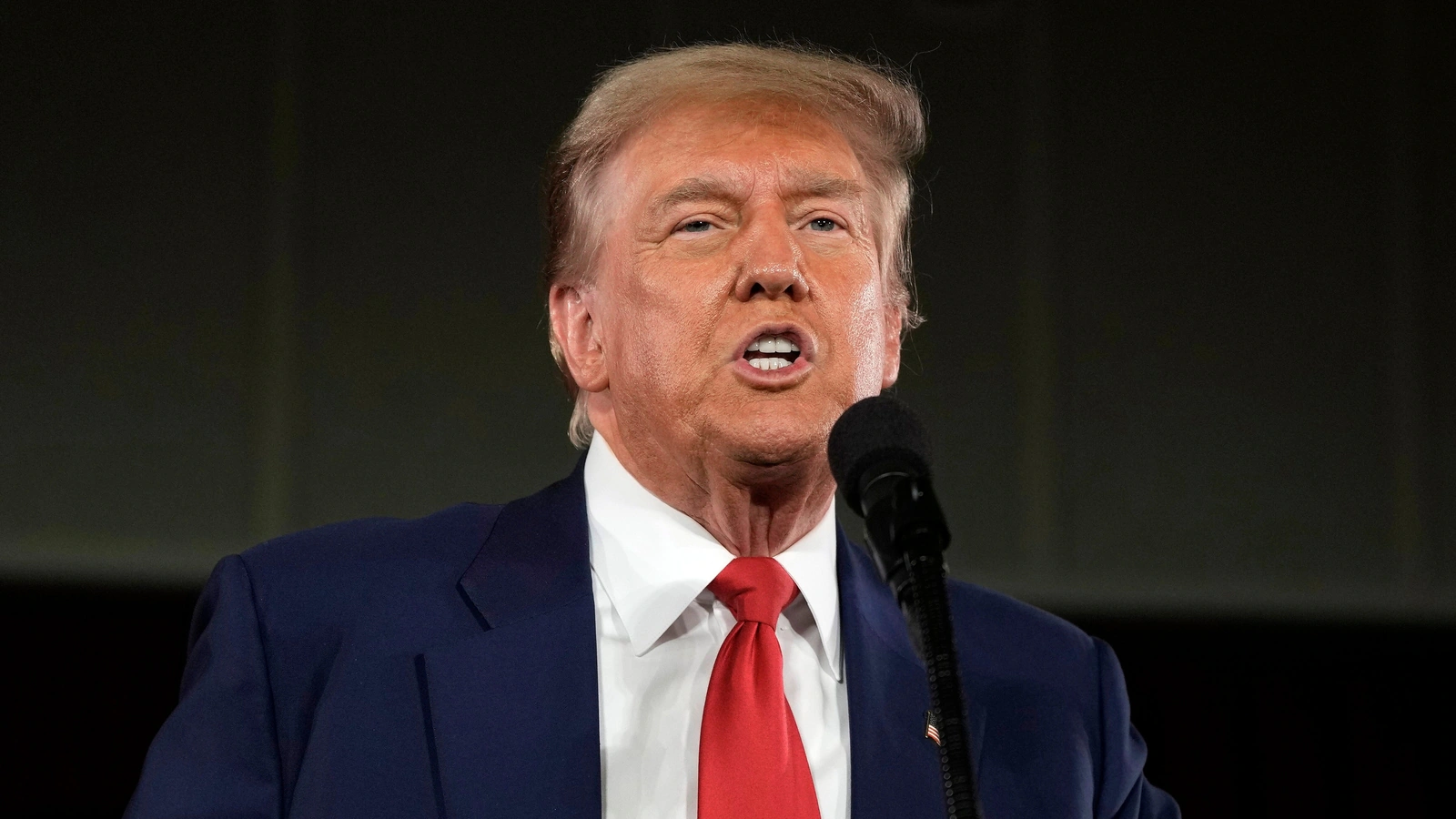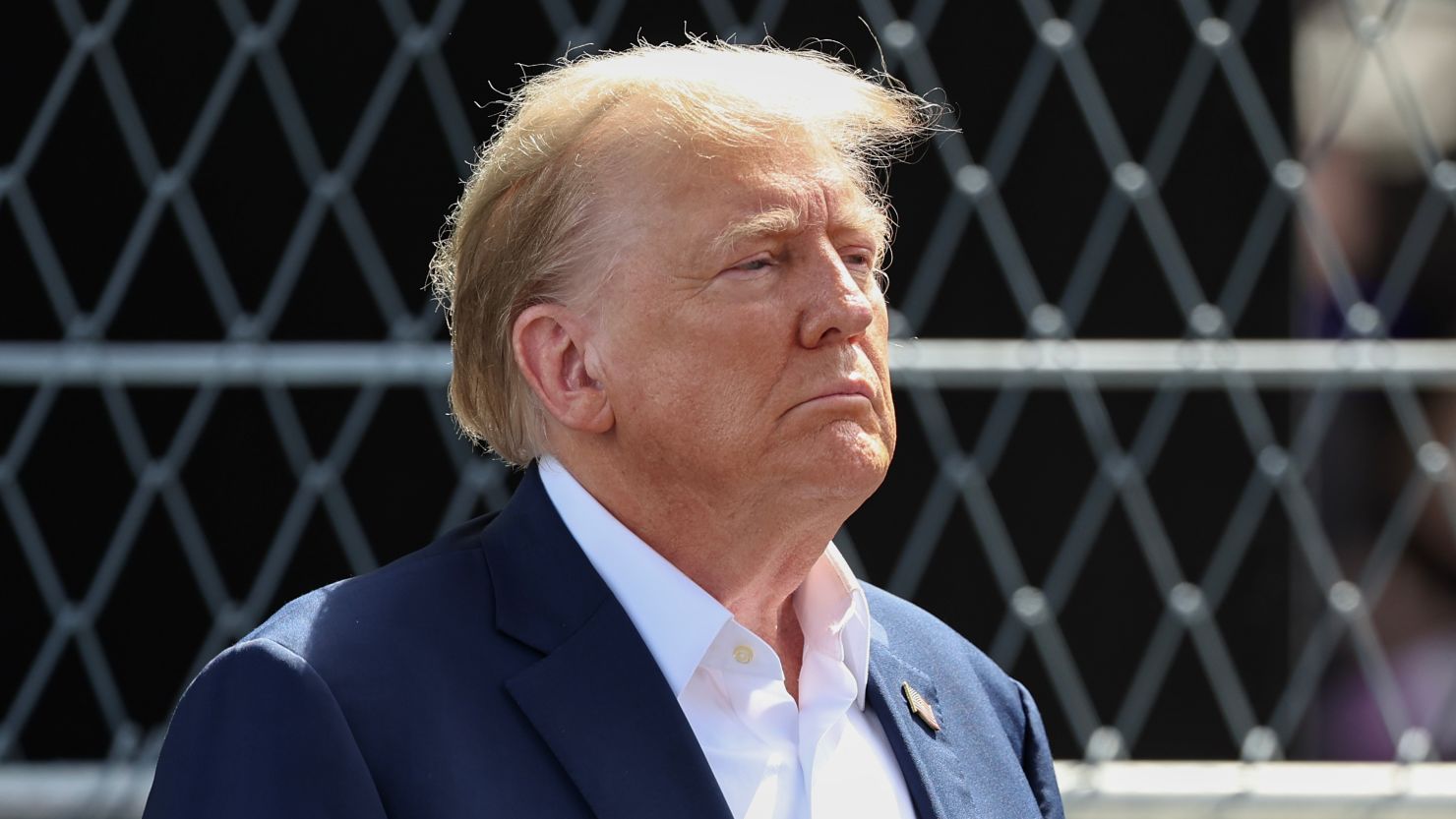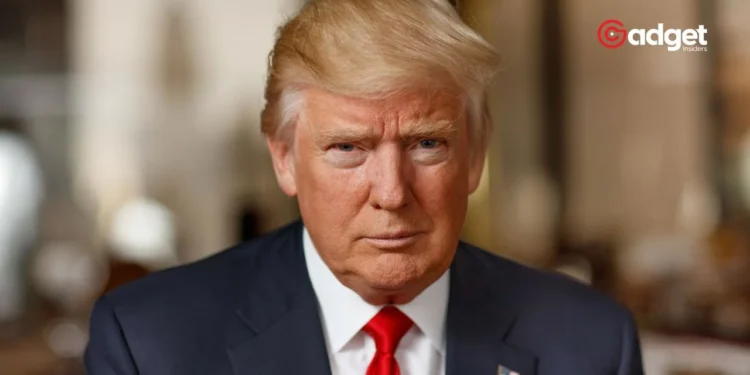Former President Donald Trump, known for his sprawling real estate empire and headline-grabbing political career, is once again in the spotlight but not for his usual antics. This time, Donald Trump faces a potential IRS dilemma that could leave him owing over $100 million.
This staggering sum stems from alleged discrepancies in tax filings related to the Trump International Hotel and Tower in Chicago, a gleaming skyscraper that tells a tale of financial and architectural ambition.

Deep Dive into the Tax Audit Quagmire
A detailed investigation by The New York Times and ProPublica has brought to light findings from a government audit suggesting that Donald Trump may have engaged in ‘double-dipping’—claiming tax losses on the same property through different entities.
Initially, in 2008, Donald Trump declared a loss of $658 million, attributing the property’s diminished value to sluggish condominium sales and non-leased retail space during the harsh economic climate of the U.S. recession.

However, the plot thickened in 2010 when Trump reportedly transferred the skyscraper’s ownership to another holding company he controlled.
This maneuver allegedly allowed him to declare an additional $168 million in losses over the ensuing decade, essentially using the same asset to reduce tax liabilities twice.
Legal Battles and Campaign Echoes
The issue of Donald Trump’s tax filings is not just a financial matter but also a political tool wielded by both his supporters and detractors. As Trump gears up for another presidential run, his financial dealings continue to stir controversy and public debate.
His son, Eric Trump, has defended the legitimacy of the previous IRS inquiries, stating confidently that the matter was “settled years ago,” only to resurface due to political motivations.
Meanwhile, Donald Trump is also contending with the repercussions of a New York judge’s recent decision, ordering him to pay more than $454 million after finding that he inflated his wealth on financial statements—a claim that could affect his business dealings and political aspirations.
Trump owes over $100 million in taxes on his money loseing Chicago tower.
An IRS audit found that he double dipped & claimed the same tax break twice once in 2008 and again in 2010
The question is, was this an honest mistake or intentional tax fraud? pic.twitter.com/KB2TZQT86l
— BlueDream (@58bugeye) May 11, 2024
Broader Implications and Political Undertones
President Joe Biden and other Democrats have been vocal about Donald Trump’s financial strategies, framing them as indicative of broader issues of tax fairness in the United States.
The Biden administration has pushed for increased funding for the IRS, aiming to enhance audits on the ultra-wealthy and ensure compliance with tax laws—a move that has faced stiff opposition from Trump and his campaign team.
As the legal and political battles unfold, Trump’s financial woes offer a window into the complexities of tax law and the challenges of enforcing it against individuals with vast resources at their disposal. The ongoing scrutiny of Donald Trump’s financial maneuvers underscores the enduring tension between wealth, power, and responsibility.

Donald Trump: A Saga of Wealth and Power
Donald Trump’s current predicament with the IRS over his Chicago tower is more than a mere audit; it’s a high-stakes financial drama that intersects with charged political rhetoric and the intricate dance of legal accountability.
As the situation develops, it serves as a poignant reminder of the enduring scrutiny faced by public figures and the intricate link between business dealings and political life.
Whether this will affect his presidential campaign or reshape his legacy remains to be seen, but one thing is certain: the eyes of the public and the press remain fixed on Donald Trump, waiting for the next twist in his storied career.










